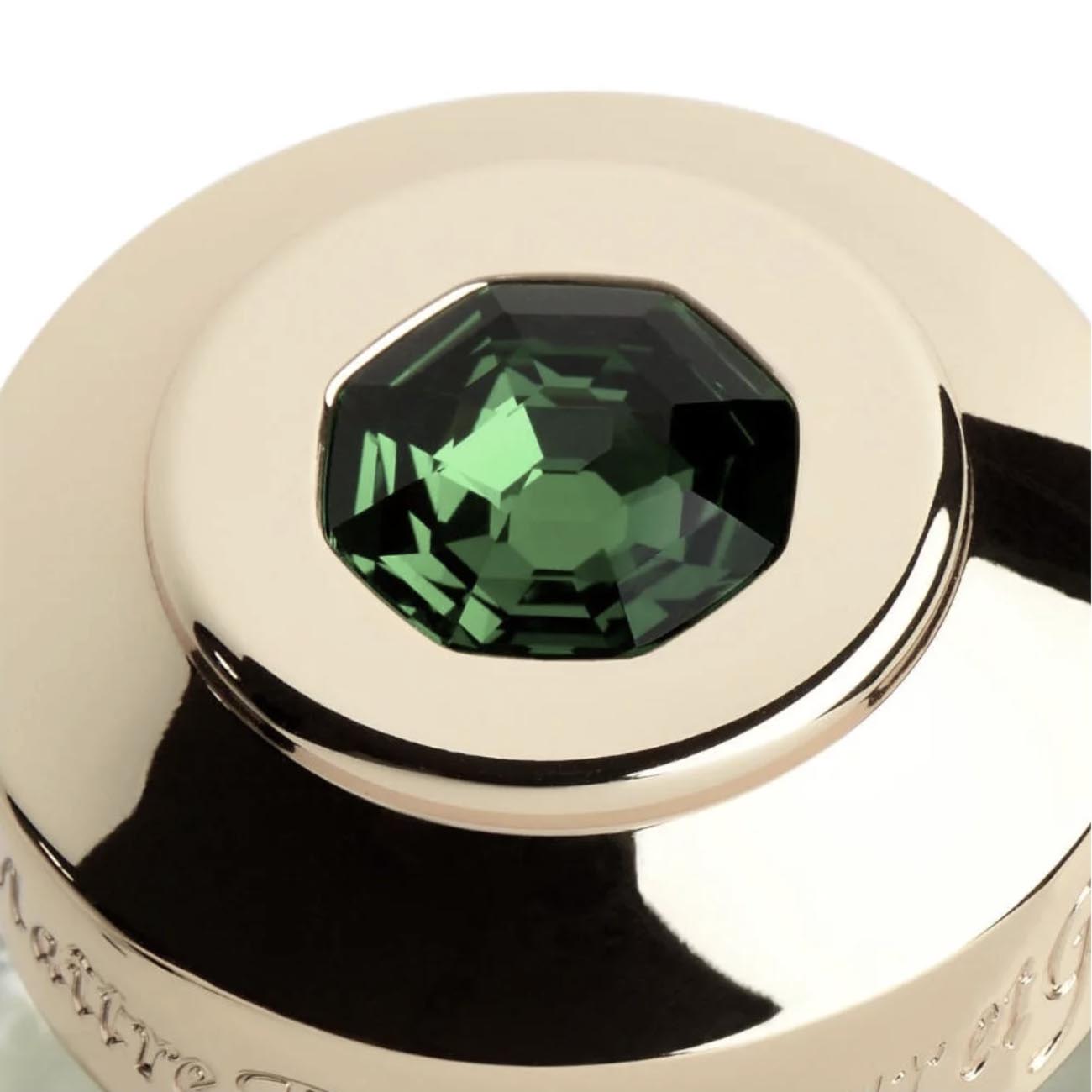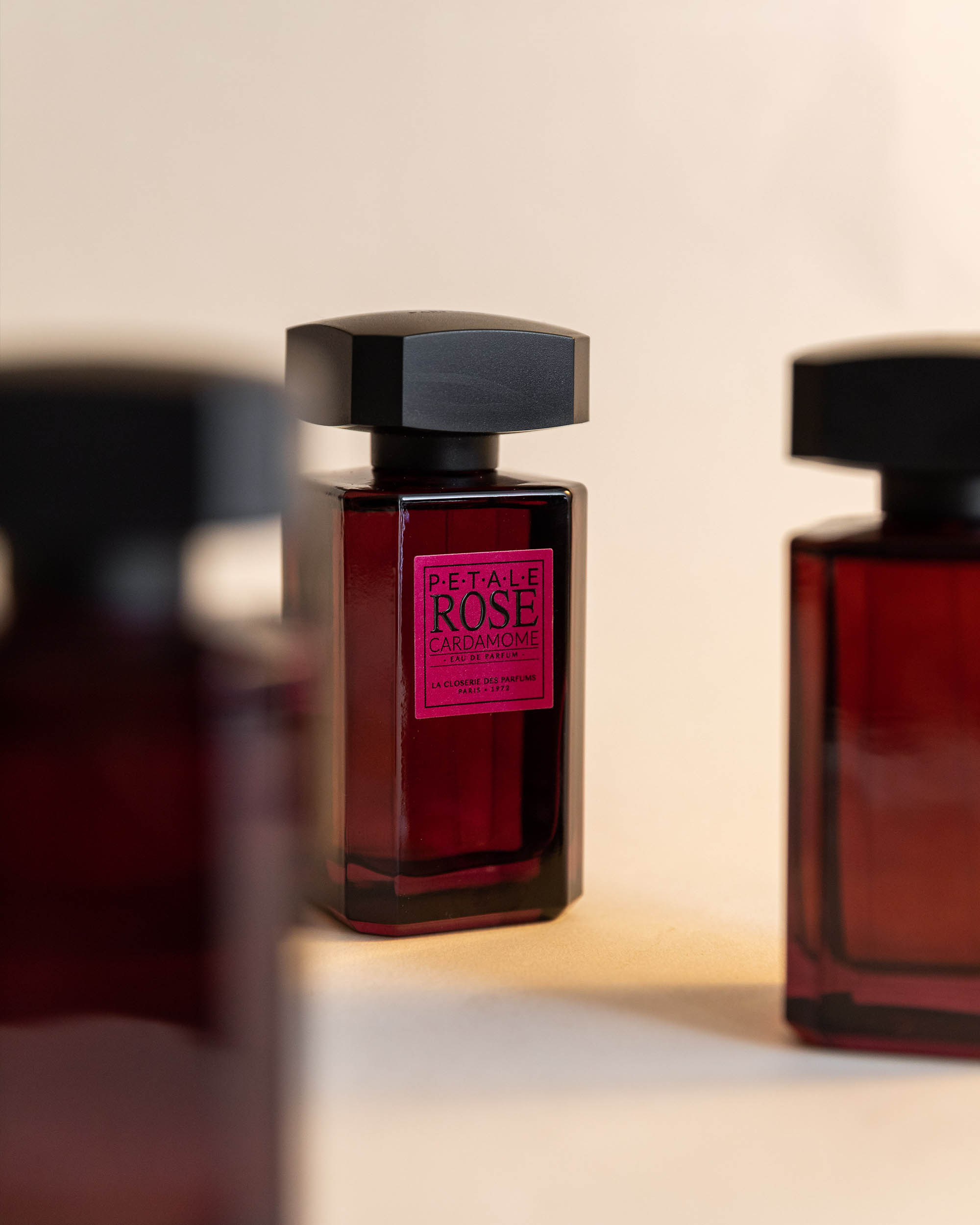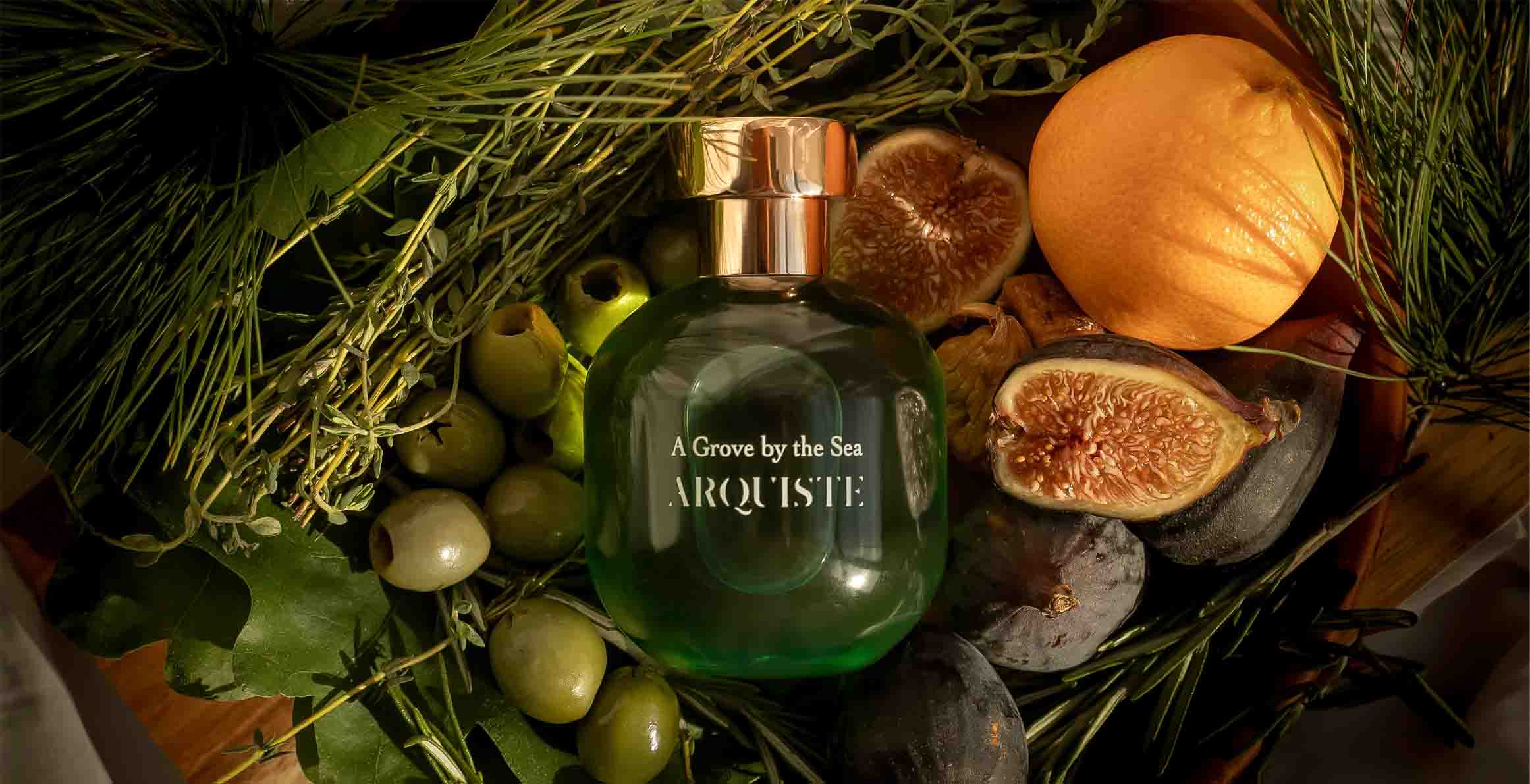Which Fragrances Last Longer: Understanding Concentrations and Longevity
Reflecting on my nearly 15 years in the fragrance industry, I can't help but acknowledge how my perspective on the distinction between parfum and eau de parfum has evolved over time. Initially, it seemed like a crucial aspect to consider, but now, I'm not so certain.
Let's break it down. Terms like "parfum" and "eau de parfum" (as well as a seemingly boundless assortment of terms that have been artfully crafted by marketing teams) are supposed to denote the concentration of fragrance in the juice. That is, the ratio of perfumed material to unscented components like alcohol or water.
It sometimes easiest to think of this on a scale as in the below, where eau fraïche is the least concentrated and parfum as the highest.
1. Parfum
2. Eau de Parfum
3. Eau de Toilette
4. Eau de Cologne
5. Eau Fraïche
A higher concentration is often promoted to give the scent greater longevity and invariably comes with a higher price tag to boot.
Traditionally, a Parfum (also known as 'Pure Perfume' or 'Extrait') sit at the top end of the concentration spectrum and many brands have long advocated that the best performance / longest-lasting scents will always come from Parfum. Yet, the reality is much more nuanced.
Firstly, these terms are guidelines. There are no legal rules stating which terms have to be applied to which concentration, meaning that two brands could have the exact same concentration yet market them as different things...
But perhaps more importantly, even if decoding the terms was an easy practise, longevity still hinges on various factors that supersede its concentration. The volatile nature of certain ingredients is an immovable part of nature. Despite their best efforts, no one has yet (or is ever likely to) be able to force a bergamot to last a long time; nature simply hasn't intended for it be that way. The skill of the perfumer is also a crucial factor. It takes great to knowledge to be able to combine materials is a way that enhances longevity. The climate in which it's being used in and even how you apply and store the fragrance can all affect the scent's performance.
In essence, it's never as straightforward as upping the concentration and getting a longer-lasting scent. As a result, some of my most enduring scents are Eau de Parfum that outshine Parfums worth triple their price.
When it boils down to finding a scent that lasts, the most significant factor is you. Perfumes are there to be tested, to be tried, to be experienced. You can spend all the time you like second-guessing how a fragrance will last and what factors may affect it, but none of these are a match for simply applying it to your skin and finding out for yourself.
So, do the distinctions between concentrations truly matter? The only real answer lies in your personal experience with the fragrance. After all, the journey to finding your perfect scent is as individual as you are.









Leave a comment